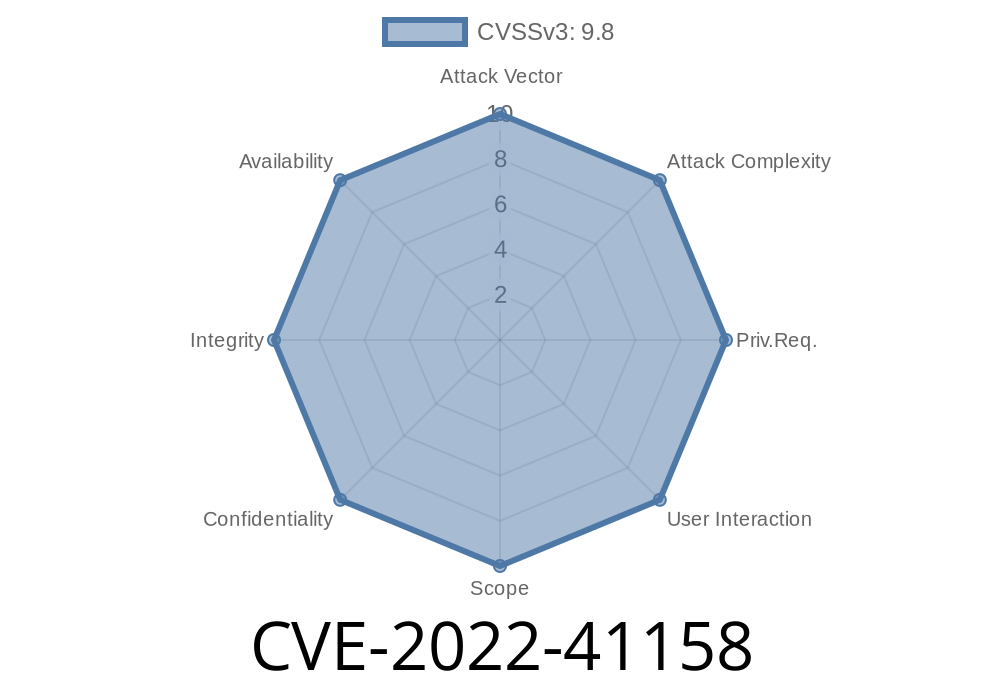Cookie values are strings stored in the user’s browser which indicate a path to a file or directory. Remote attackers can inject malicious Cookie values into a victim’s browser which will be then sent to a server where it will be stored into a file, which can be then accessed by an attacker. Cookies are stored in the browser, which are sent to web server for further processing, so if an attacker finds a way to place a malicious cookie value, then he/she could access the victim’s data. In the case of authentication, if the cookie value is an email address or username, which is stored in the file system, then an attacker could access the data of the user who used that data to log into the system. In order to prevent this, developers should use a secure cookie value, which is only used for authentication. However, in case of a remote code execution vulnerability, if the cookie value is used as a path to a file in the file system and an attacker can access the cookie value, then he/she could access the file system of the server and execute code on it.
Remote Code Execution Vulnerability - CVE-2022-41158
There is a remote code execution vulnerability in the Cookie protocol.
A malicious user can access the value of the cookie by injecting it into the browser, which would be saved to the server, where it will be executed.
The attacker could then execute arbitrary commands on the server.
To prevent this from happening, developers should make sure that any cookie values used for authentication are secure.
Remote Code Execution via Cookie Value
In order to prevent this, developers should use a secure cookie value, which is only used for authentication. However, in case of a remote code execution vulnerability, if the cookie value is used as a path to a file in the file system and an attacker can access the cookie value, then he/she could access the file system of the server and execute code on it.
CVE-2022-41159
Cookie values are strings stored in the user’s browser which indicate a path to a file or directory. Remote attackers can inject malicious Cookie values into a victim’s browser which will be then sent to a server where it will be stored into a file, which can be then accessed by an attacker. Cookies are stored in the browser, which are sent to web server for further processing, so if an attacker finds a way to place a malicious cookie value, then he/she could access the victim’s data. In the case of authentication, if the cookie value is an email address or username, which is stored in the file system, then an attacker could access the data of the user who used that data to log into the system. In order to prevent this, developers should use a secure cookie value, which is only used for authentication. However, in case of a remote code execution vulnerability, if the cookie value is used as a path to a file in the file system and an attacker can access the cookie value and find it on disk somewhere without being able to specify what specific location on disk it resides in (or without being able to manipulate files), then he/she could access any files on disk and execute code on them.
Vulnerability diagnosed with Cookie Header Bypass
A vulnerability in which a file system path can be extracted from a cookie value and used to access the file system. This vulnerability is a result of the Cookie header not being properly sanitized.
Details of the vulnerability
Remote Code Execution Vulnerability in Cookie Values
1) Remote attackers can inject malicious Cookie values into a victim’s browser which will be then sent to a server with remote code execution vulnerability.
2) Cookies are stored in the browser, which are sent to web server for further processing, so if an attacker finds a way to place a malicious cookie value, then he/she could access the victim’s data.
3) In the case of authentication, if the cookie value is an email address or username, which is stored in the file system, then an attacker could access the data of the user who used that data to log into the system.
4) To prevent this, developers should use a secure cookie value, which is only used for authentication. However, in case of a remote code execution vulnerability, if the cookie value is used as a path to a file in the file system and an attacker can access the cookie value, then he/she could access the file system of the server and execute code on it.
Timeline
Published on: 11/25/2022 19:15:00 UTC
Last modified on: 12/01/2022 15:26:00 UTC
